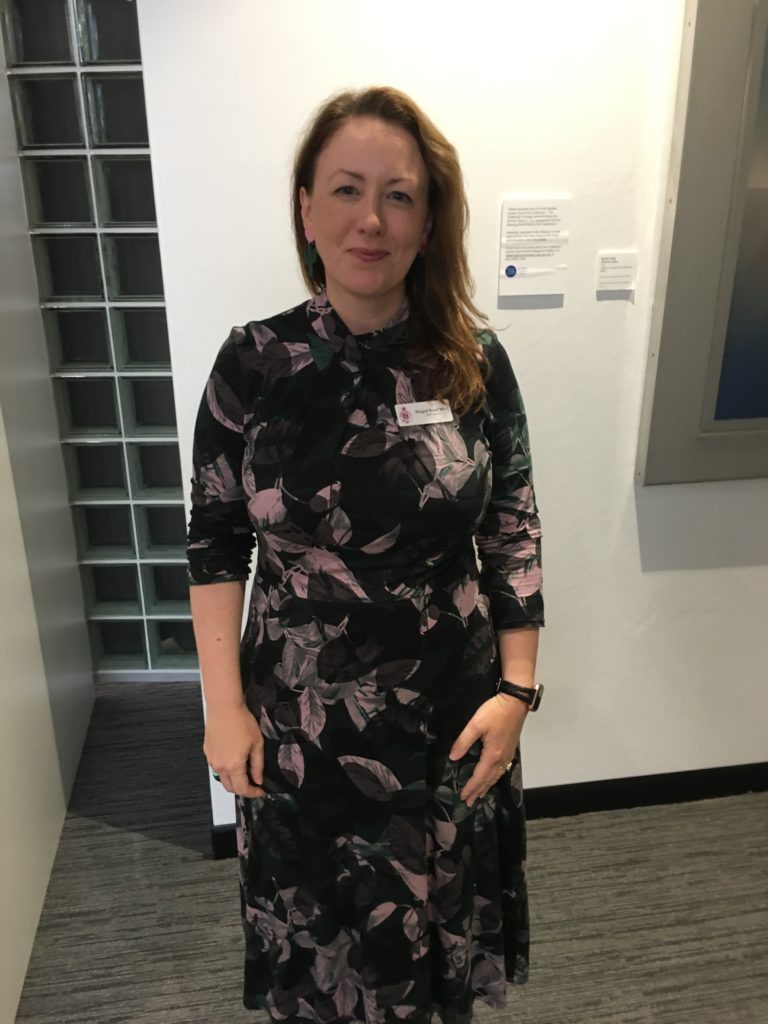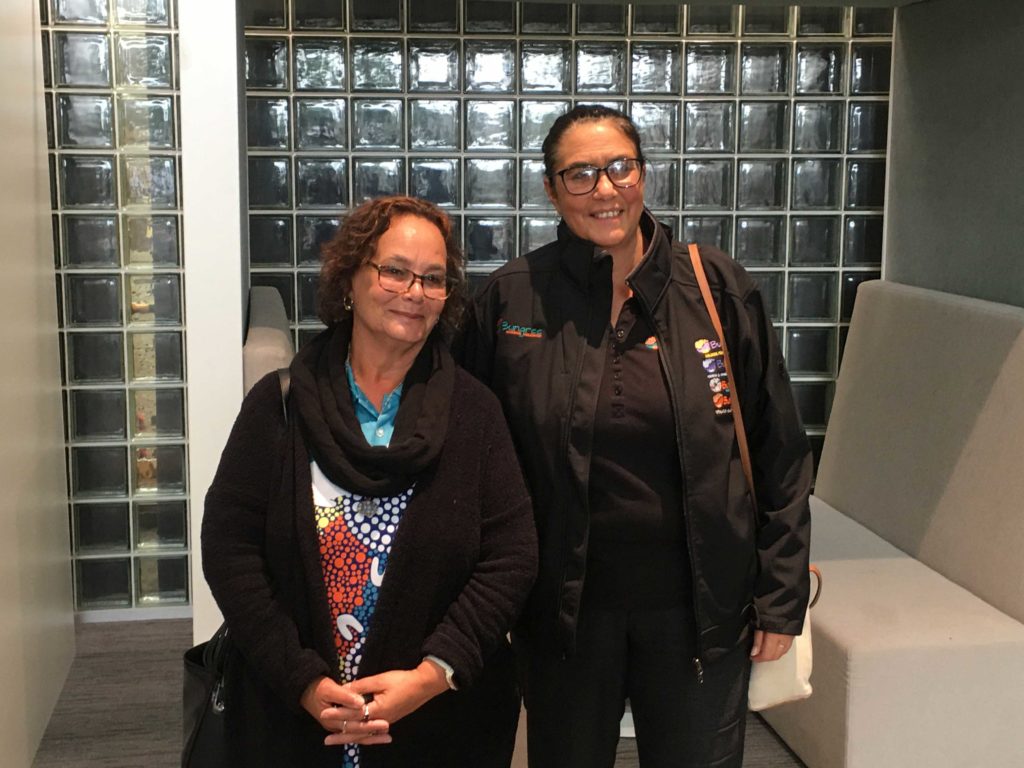The State Government’s Inquiry into Homelessness amongst people aged over 55 in New South Wales held its third and final hearing at the Wyong Council Chambers on Thursday, July 21, receiving first-hand accounts from local service providers and people experiencing homelessness.
The inquiry was established on March 23 this year with the intention to address the rising cohort of older Australians experiencing homelessness today, many for the first time, and to make recommendations to the State government.
Committee member, Ms Abigail Boyd, MLC initiated the inquiry in partnership with a group of stakeholders in the homelessness sector and is hopeful the State government will take a leading role in finding solutions informed by the inquiry.

“With a government majority inquiry, when we actually produce the report, hopefully it will have recommendations that the government will take seriously,” Boyd said.
“I am worried that they will put in recommendations that will put the responsibility on the Federal government instead of the State government, but we will wait and see.
Boyd is confident that homelessness is an issue that can be solved, believing the solutions are in temporary and long-term housing as well as effective homelessness prevention services.
“I will be looking for the number one recommendation to be that we invest in more social housing, but then I think we need to adopt the ‘Home at Last’ Victorian model which gives people homes before they are homeless.
“You stop them at the moment before they become homeless and then you provide wraparound services to make sure they get back on their feet.
“With older women in particular it is difficult, and that’s where we need to have more coordinated services and links between domestic and family violence services and homelessness services to make sure those people don’t fall between the gap before it’s too late.”
A number of Central Coast homelessness and housing service providers and community groups spoke at the hearing, offering guidance through local statistics, challenges, success stories and advise on what government support can help the delivery of their programs.
These include Coast Shelter, Pacific Link Housing, Coast & Country Primary Care, Bungree Aboriginal Association, Uniting, Coast Hands, Action on Housing Older Women and the Country Women’s Association (CWA) Woy Woy.
With many challenges and ideas highlighted, the most common suggestions were to increase the stock in social and affordable housing, better collaboration between local and statewide services, accurate data collection and holistic approaches that go beyond simply putting roofs over people’s heads.
For Bungree CEO, Suzanne Naden, the lack of housing is an issue that can only be solved through partnerships between the homelessness and housing sectors, State and Federal government

“As a community housing provider, it is an obligation under our registration to create and develop more housing options, or a housing continuum,” Naden said.
“We would like to do that, and we have the resources to be able to do that and go into partnership with the likes of Pacific Link Housing on new builds, however on the Central Coast we are landlocked – community housing providers can only pay the value of the land and we can’t go above or beyond because we’re not-for-profit.
“So at the end of the day we have to work collaboratively across all the sectors to assist our older population to live comfortably.
“We also need to ensure that the NSW government will work with the Commonwealth government to address some of the access and eligibility for services and supported services for the aging population,” Naden said
The inquiry has completed the three scheduled hearings, the first two being in Sydney and Parramatta, and is due to complete its report by September 30, 2022.
Haakon Barry


